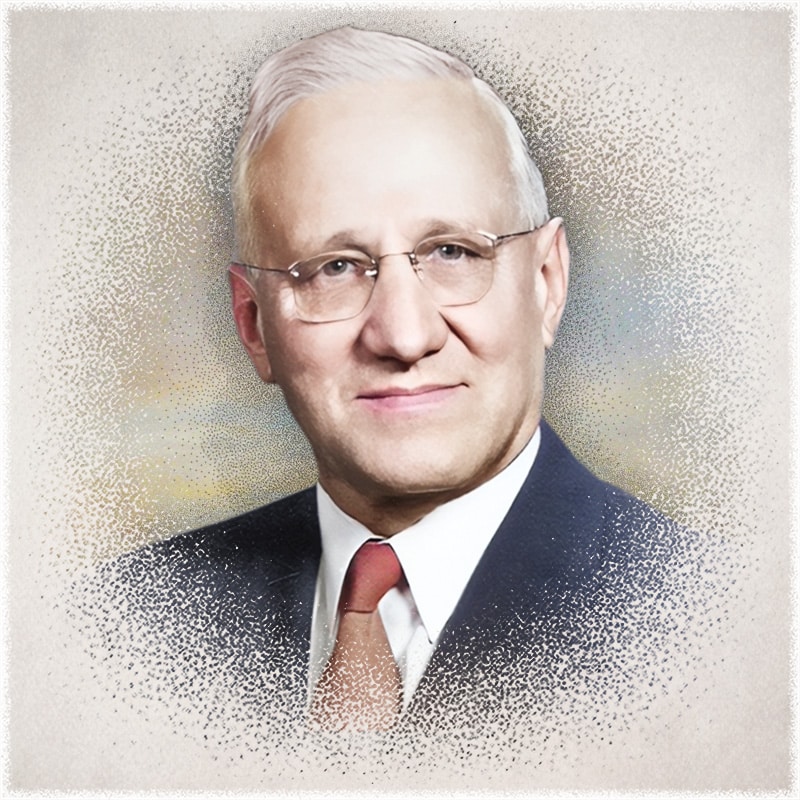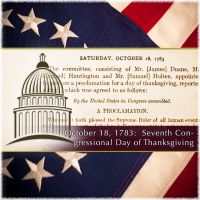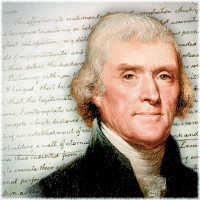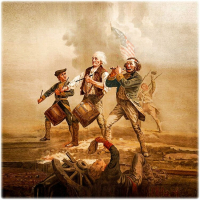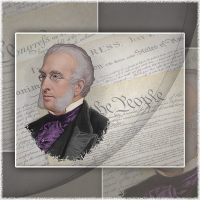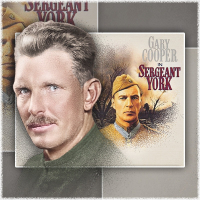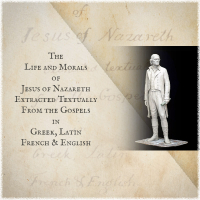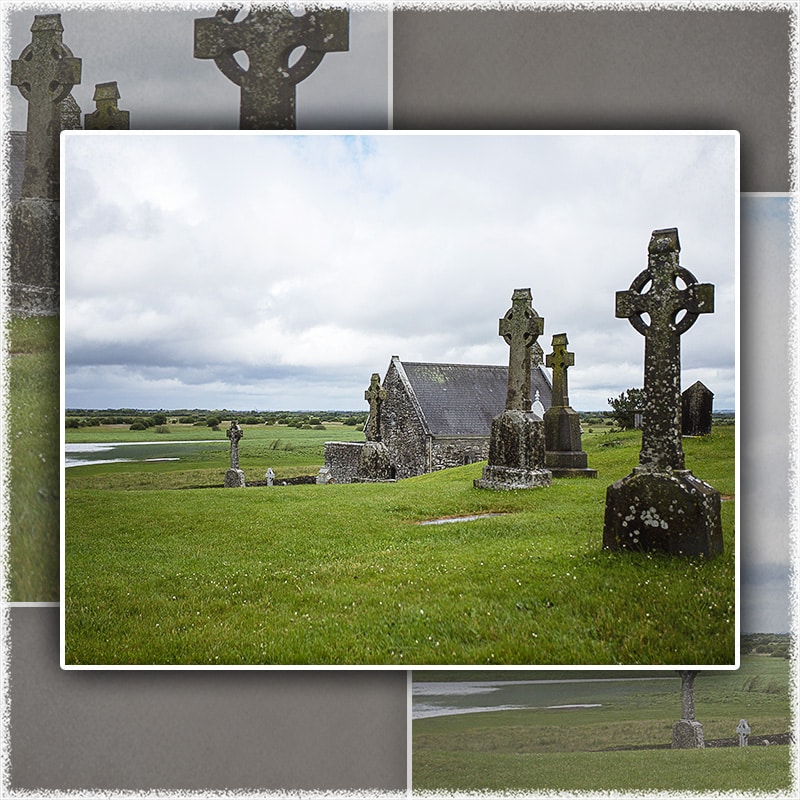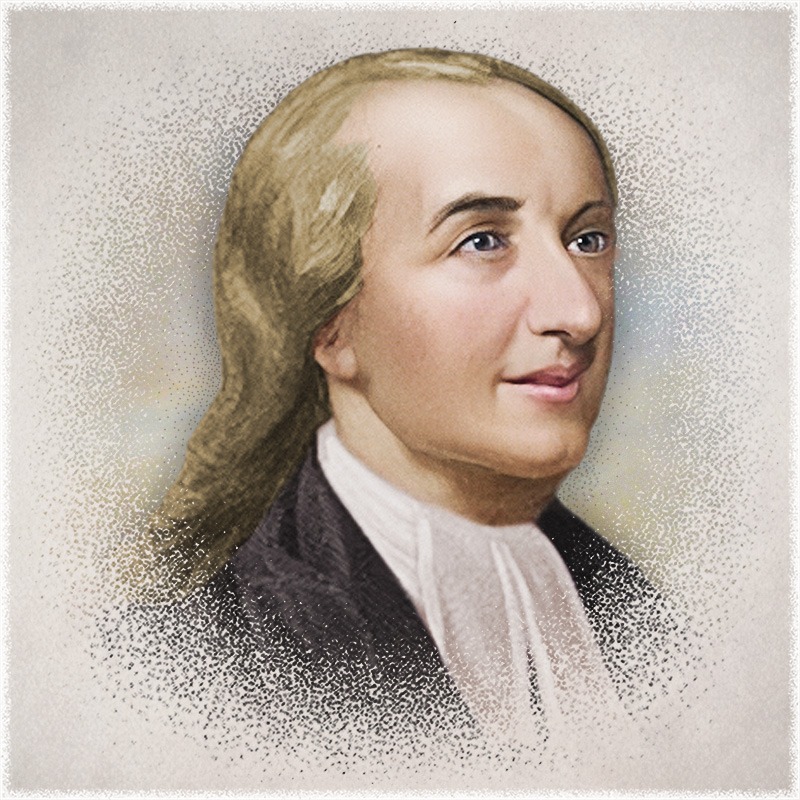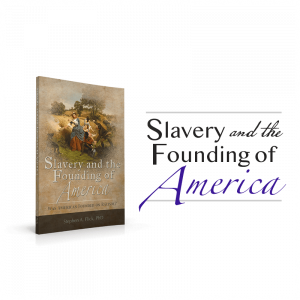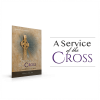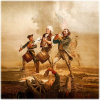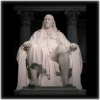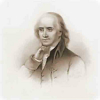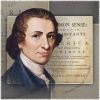Robert Bateman—The Minister That Inspired the Titanic
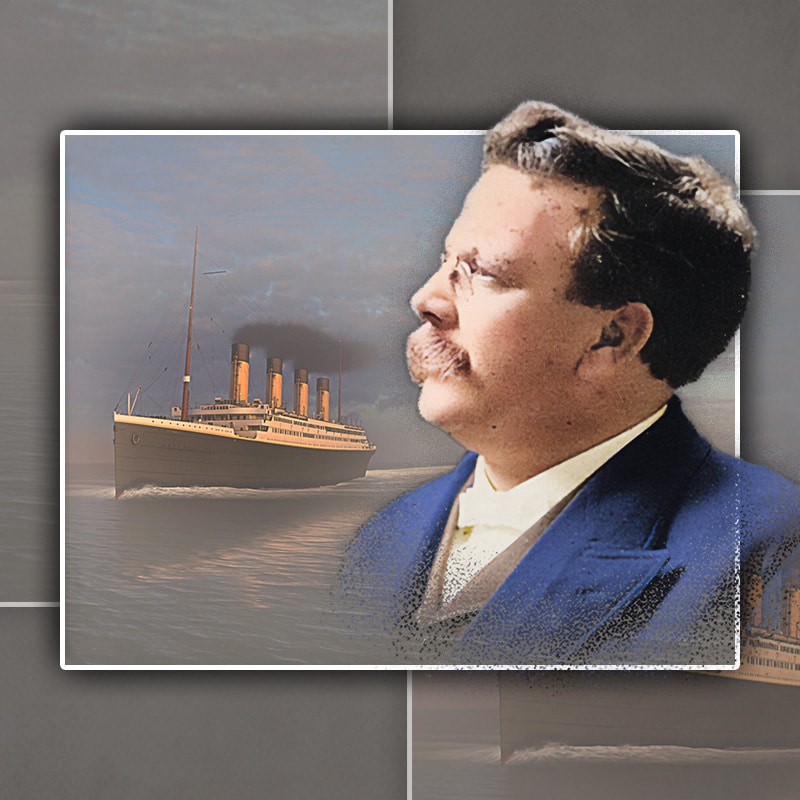
It is not to unbelief that the human spirit flees when menaced by life’s darkest specters. Near midnight on April 14, 1912, the RMS Titanic, on its maiden voyage, struck an iceberg and slipped beneath the dark waters of the frigid North Atlantic. For nearly two-and-a-half hours, Titanic was slowly being devoured by its watery grave, then suddenly—as the water reached open hatches and grates on the deck—its demise greatly quickened.Robert Bateman
On Sunday evening April 14, Rev. Robert Bateman—a passenger on the ill-fated Titanic—conducted a church service for second-class passengers. He concluded the service by leading the congregation in his favorite hymn, “Nearer My God to Thee.” Who could have known that in only few hours, the strains of this hymn would occupy a place of immense prominence in the closing moments of Titanic's brief life?Robert Bateman
The subject addressed in this article is discussed at greater length in Robert Bateman—The Minister Who Inspired the Titanic. Christian Heritage Fellowship would be honored to work with individuals, businesses, churches, institutions, or organizations to help communicate the truth concerning the positive influence of the Christian faith by providing bulk pricing: Please contact us here... To purchase a limited quantity of this publication, please click: Purchase here...
Following the collision of the Titanic with the iceberg, Robert made his way to the cabin of Ada Ball—his sister-in-law—and her roommate to escort the two ladies into a lifeboat.[1] He pounded on the women's cabin door and then hurried them toward the main deck. With no time to dress, Ada ventured onto the deck in her nightgown, but feeling the Arctic cold, she attempted to return to the cabin for warmer clothes. Restraining her, Robert took off his overcoat and draped it around her and urged the two ladies to the safety of the awaiting lifeboats. Bidding them a solemn farewell after assisting them into the boat, Robert made his way to the stern. Ada's lifeboat remained near the Titanic, allowing her to observe that it was Robert who persuaded the band of the sinking vessel to play "Nearer My God to Thee."[2] That night, Robert Bateman was one of eight Christian ministers who invested the final moments of their lives seeking to prepare others for eternity.
The only known Bible to have been saved from the sinking of the Titanic was Robert’s, and it was likely entrusted to Ada as he escorted the ladies into the lifeboat. Both the speculative and likely elements of the reason Robert was carrying his Bible when he helped his sister-in-law into the lifeboat was captured by a reporter in an article dated April 11, 1940—twenty-eight years after the accident:
The minister may have been reading from his Testament at 11:40 p.m. on that fateful Sunday night or may have already read a few passages of Scripture and retired. It is not known what may have transpired in his cabin before the giant ship struck an iceberg, but his Bible was not far from his hand, for when the passengers were summoned on deck after the collision, he carried the book with him.[3]
Robert was returning to his family in his adopted country of America where he had served as a pastor, a street-mission organizer, and revivalist. Seeking to expand his mission work in Jacksonville, Florida, he had traveled to his home country of England to learn from the organization and administration of the late George Mueller’s orphanage and schools. While in England, Robert conducted revival services at Kingswood Evangel Mission Hall—something which was common to his endeavors in America.
But Robert Bateman’s influence did not end with the sinking of the Titanic. Years earlier—in 1901—Robert was invited to preach at a Methodist Church in Baltimore. Only three young men responded to the invitation to receive Christ at one of the services. Raised in Baltimore, one of the young men was only seventeen and came from a home in which his father was an alcoholic. That young man attended Asbury College in Wilmore, Kentucky and became one of Methodism's most widely known twentieth-century missionary and Christian statesman. Missionary to India and author of many books, E. Stanley Jones remembered Robert and described him in his work, Song of Ascents:
Through his rough exterior I saw there was reality within. He was a converted alcoholic, on fire with God’s love and I said to myself, I want what he has!… I accepted him for what he was—a devoted, diamond-in-the-rough winner of souls.[4]
Through E. Stanley Jones, Robert's life was to exercise remarkable influence well beyond what could possibly have been imagined the night that seventeen-year-old youth was converted. Unexpectedly, Robert’s influence extended into the Civil Rights Movement well after his death. This connection has been captured by an anecdote related by Dr. Jones’ granddaughter in her thumbnail biography of her grandfather. She wrote…
My mother [daughter of E. Stanley Jones]tells me of the occasion in Boston when Dr. Martin Luther King, Jr. was honored by Boston University at a convocation prior to his leaving for Sweden to receive the 1964 Nobel Peace prize. At the reception following, my mother was introduced to Dr. King and my grandfather was mentioned. Dr. King immediately became very serious and said, “Your father was a very important person to me, for it was his book on Mahatma Gandhi that triggered my use of Gandhi’s method of non-violence as a weapon for our own people’s freedom in the United States.” He continued that though he had been very familiar with the writings on Gandhi and had been interested in his method of non-violence for years, it had not “clicked” with him that it was a vehicle for “use” in the United States.[5]
Though the earthly life of Robert Bateman was tragically ended with the sinking of the Titanic in the icy waters of the North Atlantic in the early-morning hours of April 15, 1912, his Christian influence well outlived his time on earth. Countless lives were changed by the ministry of Robert Bateman—a man who believed and behaved the Word of God. Today, our world and our nation desperately need men and women, who—long after their lives have set with the close of life’s day—continue to cast rays upon the horizon through which they have passed.
America deserves to know its true heritage.
Please contribute today!

